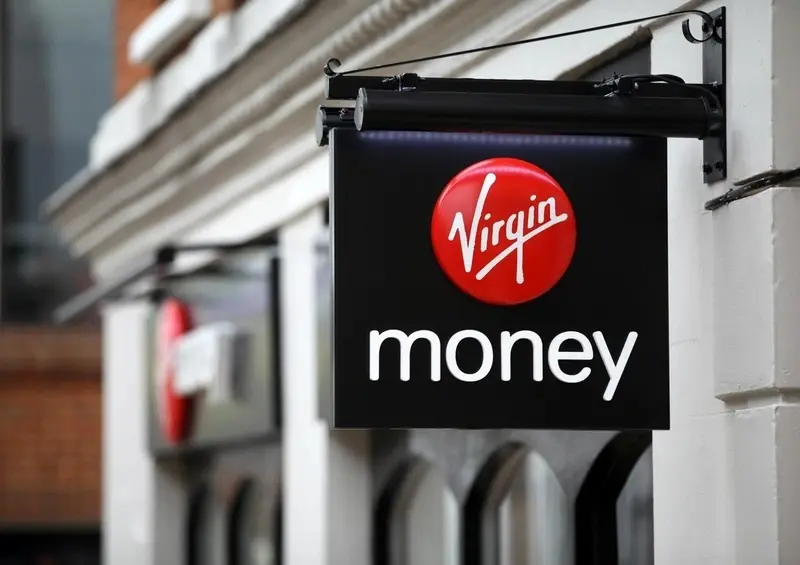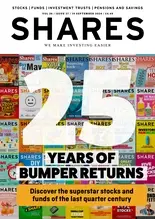
A 26% hike in underlying pre-tax profit in the space of a year would usually be cause for cheer among investors in a company. Virgin Money (VM.) did just that, rising to £128.6m for the six months to 30 June.
Yet the share price plunged 6.4% to 286.9p on Tuesday. The reason appears to have more to do with what is to come rather than what has gone before.
Virgin Money falls into the challenger bank category, a sector that has been rising as the high street stalwarts deal with a myriad of issues. Shares recently wrote about whether now is the time to look at the banking sector again.
The Newcastle-based lender now has a sizeable chunk of the mortgage lending market, increasing to £4.6bn in the first half of the year. This took its market share to 3.5% at the end of May, according to data from the Council of Mortgage Lenders.
For comparison, Lloyds Banking (LLOY) has 15.6% of the UK mortgage market, based on 2016 data. Still, Virgin Money is is among the leading lenders outside of the major high street banks.
CONCERNS DOWN THE LINE
Investor wobbles may be due to some concerning language used by chief executive Jayne-Anne Gadhia. She says, ‘in the near term there may be some areas of weakness to be navigated’ and perhaps a statement by the Bank of England yesterday did not aid the company’s cause.
Alex Brazier, the Bank of England’s stability director, warned on Monday that a sharp rise in personal loans could pose a danger to the whole EU economy.
Virgin Money’s credit card business has risen by 13% year-on-year but Numis analyst Jonathan Goslin warns that a ‘deteriorating macro picture is likely to increase uncertainty, reducing investment and spending further’. Goslin is cautious on the company, fearing a recession next year that would see impairments, or loan defaults, increase sharply.
VIRGIN STILL A POPULAR CHOICE
Ian Gordon, analyst at Investec, is a long term fan of Virgin Money. He points to increasing mortgage lending, credit card growth and low impairment charges.
Essentially the bulls will point to the valuation of Virgin Money. Gordon’s own earning per share estimate of 36.1p implies a full year 2017 price to earnings multiple of 7.9-times. Gordon claims that such a multiple makes Virgin Money the second cheapest bank within his coverage, although it remains arguable whether price to earnings is the best valuation metric to use for a bank.
Price to net assets may be better. On this measure, which compares the company's market value versus the worth of its cash and loans, the stock stands at 0.89. The peer group stands at 1.07, according to Reuters data.
Those less optimistic may well concentrate on potential problems being stored up in the UK economy going forward. Rightly or wrongly, they are certainly in the ascendancy today.




